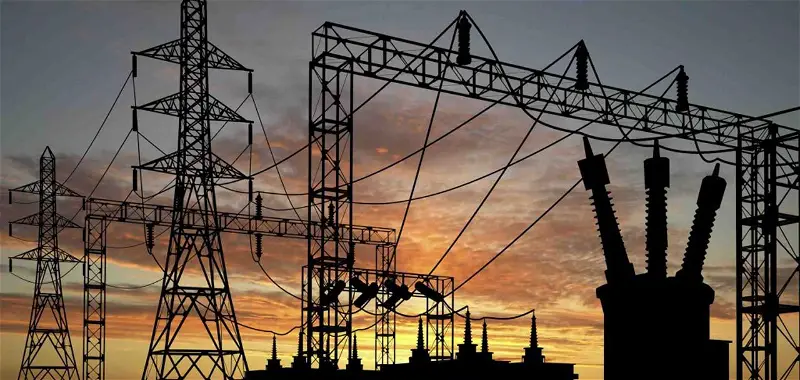The Federal Government has stated that the Nigerian Electricity Regulatory Commission is set to penetrate more levels of Electricity customers.
The Minister of Power, Adebayo Adelabu made this known to the public on Friday in Abuja while addressing the recent hike by the present administration. He stated that the reason for the action was the denial of the federal Government to pay subsidies for power in the country.
Adelabu mentioned that to thrive on investment in power the government needs to end all forms of subsidy in the sector and that is the plan of the Federal Government.
He further claimed the review was in line with the policy thrust that will maintain a subsidized pricing regime in the short run or the short term with a transition plan to achieve a full cost-reflective tariff within three years.
“I have mentioned in a couple of media briefings that it is because of government sensitivity to the pains of our people that we will not make us migrate fully into a cost-reflective tariff or remove subsidies 100 percent in the power sector like it was done in the oil and gas sector.
“We are not ready to aggravate the sufferings any longer which is why we said it must be a journey rather than a destination and the journey starts from now on, that we should do a gradual migration from the subsidy regime to a full cost-reflective regime and we must start with some customers.
“This is more like a pilot for us at the Ministry of Power and our agencies. It is like a proof of concept that those that have the infrastructure sufficient enough to deliver stable power of enjoying 20 hours of light to be the ones to get tariff added.”
Meanwhile, the change in Band A price is affordable and relative to alternative energy that goes above N500 Adelabu claimed. Nigerians for long have been benefiting from a subsidized pricing regime in a situation where the government caters for a large portion of the generation, transmission, and distribution costs.
The 67 percent subsidizing cost of the Federal Government in the Sector will end after the government clears N2.9trn in 2024, an average of 10 percent of the country’s budget; the government has other competing issues that need to be funded.









